
This CME covers the ins and outs of fibromyalgia, and everything a mental health professional needs to know when dealing with it.

This CME covers the ins and outs of fibromyalgia, and everything a mental health professional needs to know when dealing with it.

Pain as a cultural construct considers conscious and unconscious biases, as well as methods for assessing and managing pain in all patient populations, including those with mental health challenges.

Two recent papers look at the subtle and surprising links between smoking and pain in different parts of the body.

Pain may not often be considered within the realm of psychiatry; however, chronic pain's relationships with sleep disorders and PTSD make it an issue psychiatrists can—and should—address.

For the millions of patients whose pain is being treated with opioids, mind-body interventions are proving to be important considerations to ease suffering.

How do you determine whether pain is present and its severity as well as how it responds to treatment in patients who are cognitively impaired? Some answers to these questions.
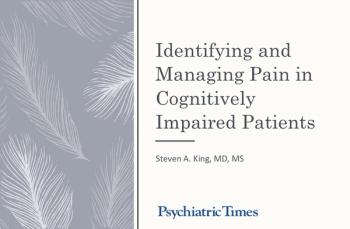
How can clinicians determine the presence of pain in cognitively impaired patients? And how do you know the medication is working if your patient can’t tell you?

Three studies highlight how important it is that when physicians prescribe opioids there can be significant and even potentially fatal consequences for the family members of those for whom they are being prescribed.

The association between psychiatric disorders, most notably depression and anxiety, and pain is well established. However, mental health professionals, and especially psychiatrists, are still often excluded from treating patients with pain.

Medical professionals don’t want to prescribe too many pain killers, which may contribute to the epidemic of opioid misuse, yet they don’t want patients to needlessly suffer.

Test your knowledge on traumatic brain injuries (TBI) and their resultant effects on cognitive function and mental health.

While many deaths due to opioid overdoses are accidental, there a growing body of evidence that some cases were intentional and that the presence of pain played a role in the decision to end life.
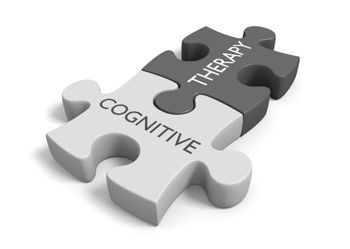
Although it is still widely believed that the management of chronic pain usually requires medications or physical interventions, a growing body of research has demonstrated the efficacy of psychological therapeutic modalities.

Research published more than 25 years ago was already reporting problems with opioid analgesics.
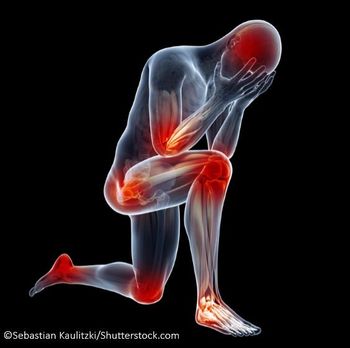
Take this quiz on one of the most controversial diagnoses in pain management.
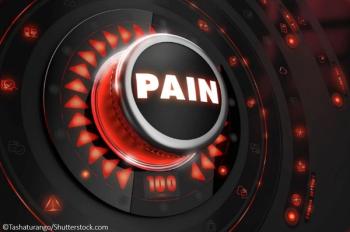
Psychiatrists may be able to contribute to the care of patients with DM by understanding this problem and its proper treatment. Here's a quiz to test your knowledge.
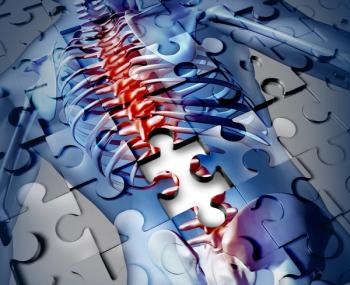
A quiz to help patients mitigate the perils of low back pain.
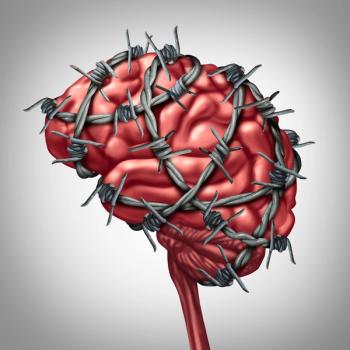
Migraine, tension-type, cluster...test your clinical acumen about headaches with these 16 questions.

The overprescription of opioid analgesics has resulted in the growing use of heroin. Right?
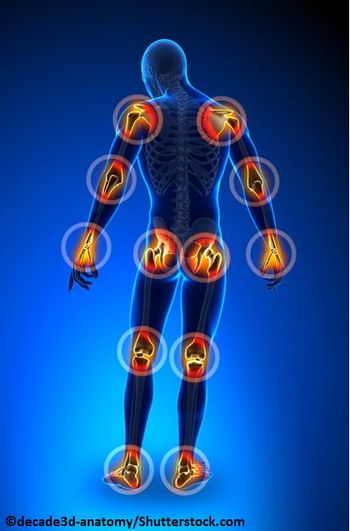
Here's a case that illustrates the importance of factoring in the presence of pain when treating mental disorders in patients with seemingly intractable pain.

A new CDC guideline on prescribing opioids for chronic pain has only added to the media attention being focused on opioid abuse and addiction. But what does the guideline really offer?
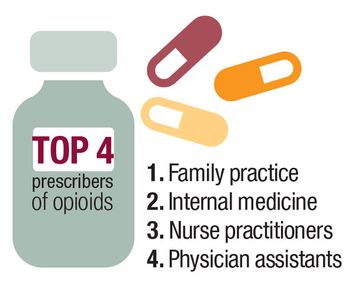
The involvement of a psychiatrist early in the care of patients addicted to opioids may prevent further abuse. Here's why.

Could right-to-die laws result in people requesting death, even in the face of of potentially treatable health problems?

Whether marijuana use should be legalized is a subject worthy for debate. It is unfair, however, for patients who have real health problems to be misled into believing that there is a magical cure.

There are probably few health care professionals who are unaware of the concerns about the apparent overprescription of opioids. However, we have had only limited information on how good a job physicians may actually be doing in prescribing these medications.

Psychiatrists should be playing a key role in end-of-life decisions as well as, not coincidentally, in pain management.

The elephant in the room: the problem of iatrogenic opioid use disorder is being ignored.

What expanded roles should psychiatrists be playing in the provision of proper pain management without taking their eyes off the issue of prescription opioid misuse and abuse? Insights here.


The rise in suicides and lethal overdoses of opioid analgesics is probably not coincidental. In most overdose deaths, we have no way of knowing with any degree of certainty whether they were accidental deaths or intentional suicides.

Published: August 18th 2021 | Updated:

Published: March 18th 2014 | Updated:

Published: August 18th 2014 | Updated:

Published: May 12th 2014 | Updated:

Published: November 25th 2014 | Updated:

Published: April 22nd 2015 | Updated: